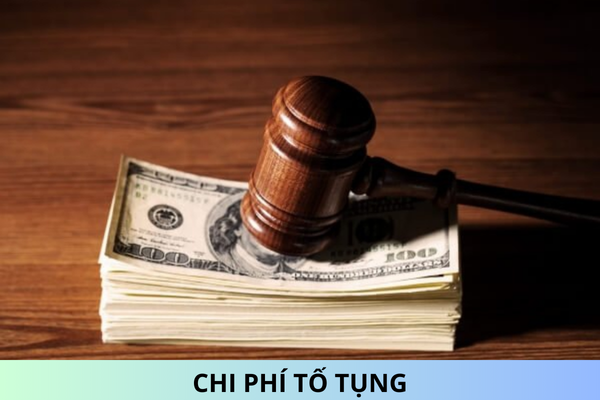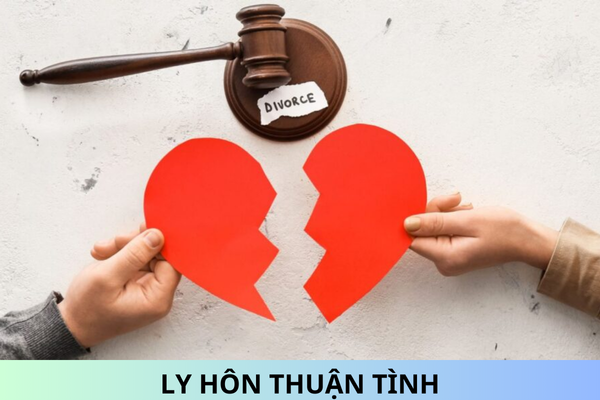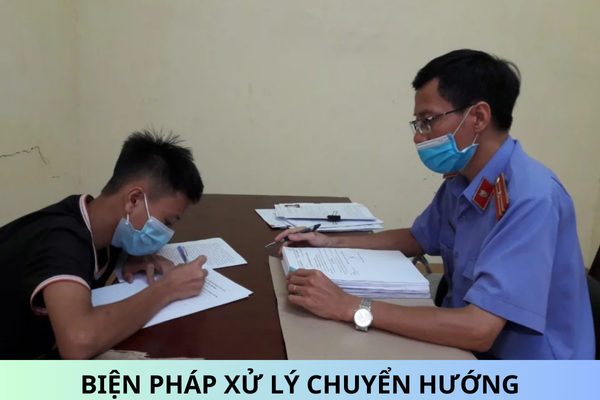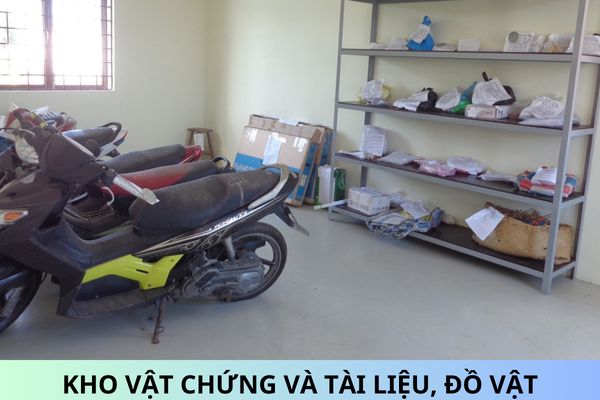When can involved parties request trials behind closed doors from the Court in Vietnam?
When can involved parties request trials behind closed doors from the Court in Vietnam? When involved parties and/or defense counsels of their rights and interests are absent, can the Court proceed with the case adjudication in Vietnam? Can involved parties negotiate their own conflicts at appellate Court sessions in Vietnam?
When can involved parties request trials behind closed doors from the Court in Vietnam?
I am having an unpleasant dispute with my husband, so I want the Court to hear it privately so that few people know. So let me ask: When can involved parties request trials behind closed doors from the Court? Hope to receive a response soon. Sincerely thank!
Reply:
Regarding your problem, Clause 2, Article 15 of the 2015 Civil Procedure Code has the following provisions:
2. The Court trials shall be public. In special cases that it is necessary to keep the State secrets, preserve the nation’s fine customs and practices, protect minors or to keep professional secrets, business secrets, personal secrets of the involved parties at their legitimate claims, the Courts may conduct the trials behind closed doors.
Thus, according to this regulation in Vietnam, for civil cases that require professional secrets, business secrets, personal secrets, and family secrets to be kept, you have the right to request the Court to conduct the trials behind closed doors.

When can involved parties request trials behind closed doors from the Court in Vietnam? (Image from Internet)
When involved parties and/or defense counsels of their rights and interests are absent, can the Court proceed with the case adjudication in Vietnam?
I have some questions and would like to ask you to answer them. Specifically, let me ask: When involved parties and/or defense counsels of their rights and interests are absent, can the Court proceed with the case adjudication in Vietnam? Hope to receive a response soon. Sincerely thank!
Reply:
In Article 228 of the 2015 Civil Procedure Code, there are regulations on this issue as follows:
The Courts shall proceed with the case adjudication in the following circumstances:
1. The plaintiff, the defendant or the persons with related interests and duties and their representatives are absent from Court sessions but such plaintiff/defendant/person with related interests and duties files an application to request the Courts to conduct the trial in their absence;
2. The plaintiff, the defendant or the persons with related interests and obligations, who are absent from Court sessions, have their lawful representatives to attend the Court sessions;
3. The cases prescribed in points b, c, d and dd clause 2 Article 227 of this Code.
In addition to the two cases mentioned above, when the Court duly summons the second time, the involved parties and/or defense counsels of their rights and interests, are still absent due to force majeure events or objective obstacles are handled as follows:
- If the defendant without counter-claims or a person with relevant interests and duties without independent claims is absent and his/her representative does not participate in the Court session neither, then the Court shall direct the trial according to absence-trial procedure;
- If the defendant has counter-claims but is absent and his/her representative does not participate in the Court session, such defendant shall be considered giving up the counter claims, thus the Court shall issue a decision to terminate the resolution for his/her counter claims, unless such defendant requests for trial in his/her absence. The defendant may re-initiate lawsuits for his/her counter-claims according to law provisions;
- If the person with relevant interests and duties has independent claims but is absent and his/her representative does not participate in the Court session, such person shall be considered giving up the independent claims, thus the Court shall issue a decision to terminate the resolution for his/her independent claims, unless such person requests for trial in his/her absence. Such person may re-initiate lawsuits for his/her independent claims according to law provisions;
- If the defense counsels of legitimate rights and interests of the involved parties are absent, the Court shall direct the trial according to absence-trial procedures.
Above is the answer to the cases where involved parties and/or defense counsels of their rights and interests are absent but the Court still conducts the trial in Vietnam.
Can involved parties negotiate their own conflicts at appellate Court sessions in Vietnam?
Understanding the provisions of the law on civil proceedings, I am Nguyen Hung Anh have the following questions and hope to receive a response from you soon. Specifically, my questions are as follows: Can involved parties negotiate their own conflicts at appellate Court sessions in Vietnam?
Reply:
According to the provisions of Article 300 of the 2015 Civil Procedure Code, there are regulations regarding the issue you asked as follows:
1. In appellate Court sessions, if the involved parties can reach mutual agreement on the resolution of their cases and their agreements are voluntary and not contrary to law or social ethics, the appellate trial panels shall render appellate judgments to revise the first-instance Court judgments and recognize the agreement of the involved parties.
2. The involved parties may also reach agreement on the payment of the first-instance Court fees. If they fail to reach such agreement, the Courts shall make decision according to law provisions.
Thus, according to the above provisions in Vietnam, in case a civil case is tried on appeal, but at the appeal court the parties reach an agreement on conflicting issues, that agreement will be considered by the court according to the provisions of law.
Best regards!










